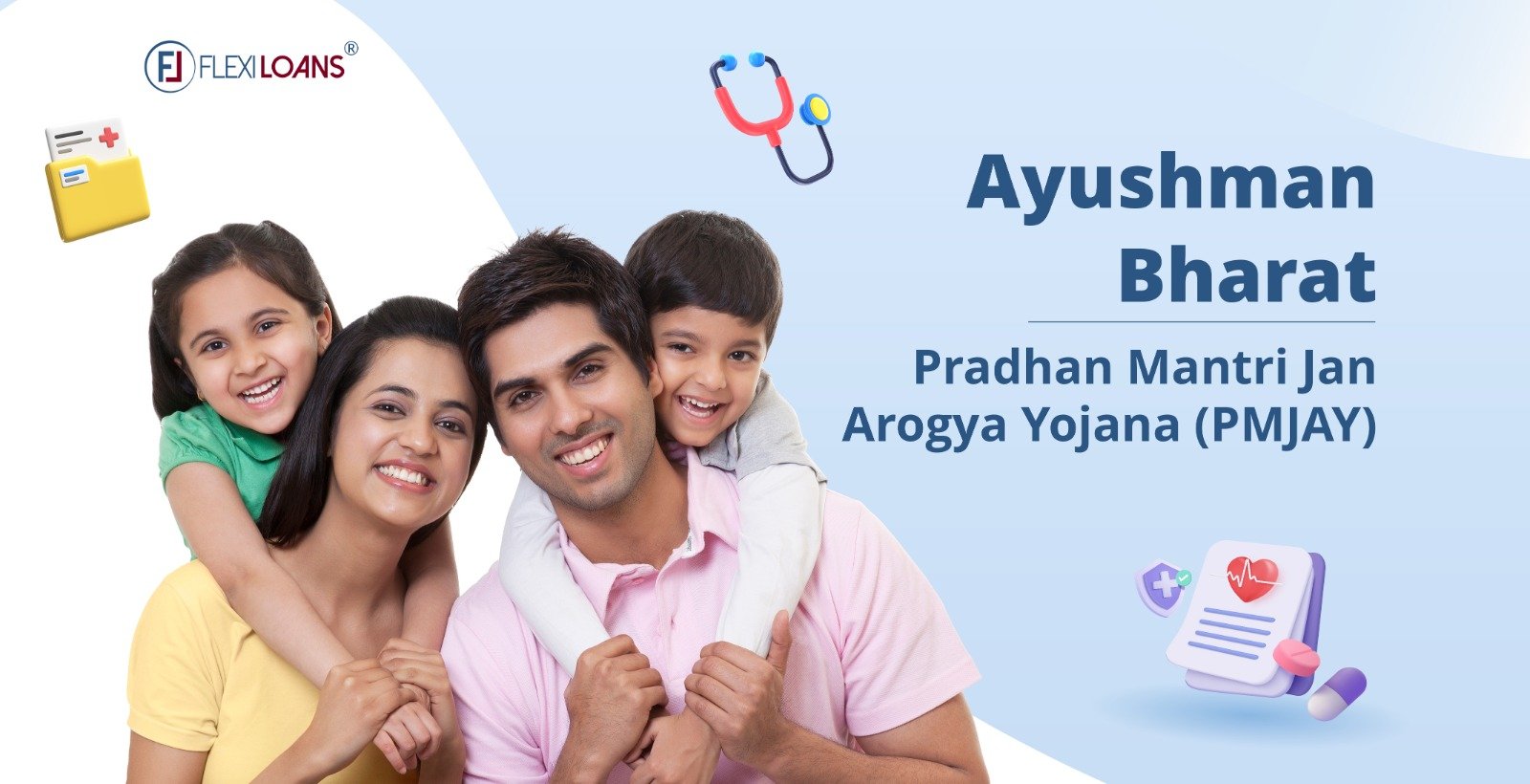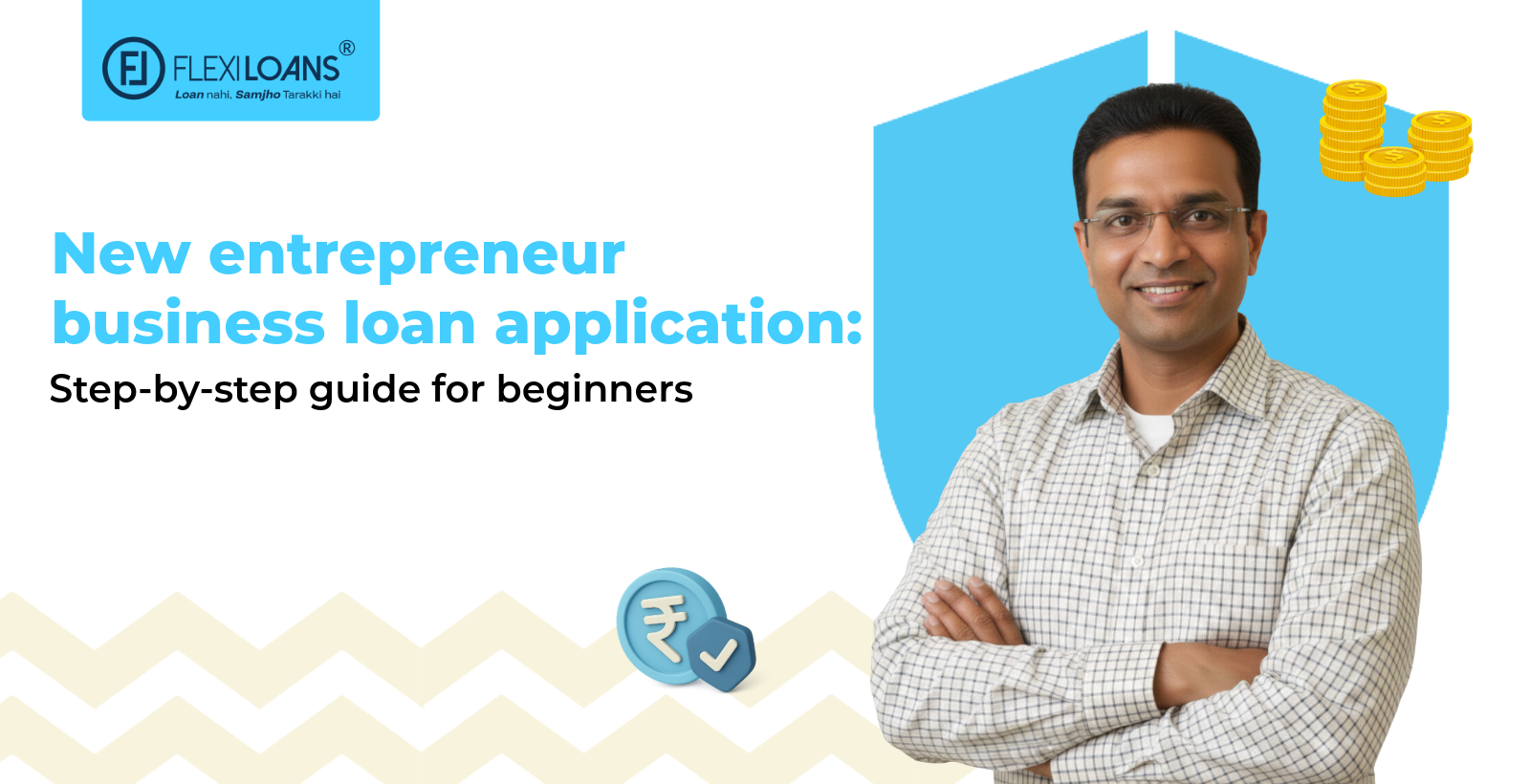Feb 06, 2024
Nov 27, 2025

PMJAY is a flagship program of the Indian Government. It aims to provide medical insurance coverage of ₹ 5 lakhs per family per year to over ten crore poor and vulnerable families in India.
Since its launch in September 2018, the PMJAY scheme has made significant progress and achievements. As of January 2024, the scheme has seen over 1.8 crore beneficiaries taking advantage of treatments nationwide and setting up over 24,000 hospitals. The scheme has also saved the beneficiaries from spending more than ₹ 30,000 crore out of their pocket.
However, the PMJAY scheme is not without its challenges and opportunities. The scheme faces fraud, abuse, exclusion, quality, and awareness among the beneficiaries and other stakeholders. The scheme also has the potential to expand, innovate, and integrate with other schemes and initiatives to improve the population’s health outcomes and financial protection. Let’s discuss the key pointers of the PMJAY scheme.
Coverage Under the PMJAY Scheme
The PMJAY Scheme covers various medical diseases and conditions that require hospitalisation, surgery, or specialised treatment. A few of them are:
- Maternal and child health care, including antenatal, postnatal, and immunisation services
- Screening and management of non-communicable diseases (NCDs), such as diabetes, hypertension, and cancer
- Care for common communicable diseases, such as tuberculosis, malaria, and leprosy
- Oral, eye, and ENT care, including dental check-ups, vision tests, and hearing aids
- Mental health and geriatric care, including counselling, dementia screening, and home-based care
- Palliative and rehabilitative care, including pain relief, physiotherapy, and disability support
- Basic emergency and trauma care, including first aid, ambulance referral, and stabilisation
- Free essential medicines and diagnostic services, including blood tests, urine tests, and ECG
- Teleconsultation and referral services, including video conferencing with specialists and follow-up care
- Health promotion and wellness activities, including yoga, meditation, nutrition, and hygiene education
The scheme also covers three-day pre-hospitalisation expenses and post-hospitalisation expenses for 15 days, including medical consultations, examinations, medications, and follow-up care.
However, some procedures or medical conditions are subject to exclusions under the PMJAY list.
- Drug rehabilitation programme
- Organ transplant
- OPD
- Fertility related procedures
- Cosmetic related treatments
When discussing the coverage and exclusions, it is essential to note that if the beneficiary needs multiple surgeries, the first one has the coverage at the highest package cost. The subsequent surgeries will have a 50% waiver and a 25% discount on the package cost, respectively.
Benefits of the PMJAY Scheme
Some of Ayushman card benefits are:
- Cashless and paperless transactions: You do not need to pay any money or fill out any forms at the hospital. The hospital will directly claim the payment from the government through an online portal. You only need to show your Ayushman health card and Aadhaar card at the hospital.
- Portability: You can avail the benefits of the scheme at any empanelled hospital across the country, irrespective of your state of residence. The scheme is portable and universal and covers both public and private hospitals.
- Family floater: The scheme covers the entire family under one health cover of ₹ 5 lakhs per year. There is no restriction on family size, age, or gender. You can use the cover for any or all of your family members.
- Pre-existing disease coverage: The scheme covers all pre-existing diseases and medical conditions from the first day of the policy. You do not need to wait for any waiting period or exclusions to avail of the scheme’s benefits.
- Secondary and tertiary care coverage: The scheme covers over 1,500 secondary and tertiary care procedures and treatments, such as heart surgeries, cancer treatments, knee replacements, organ transplants, etc. The scheme also covers the costs of medicines, diagnostics, and transport during the hospitalisation.
- COVID-19 coverage: The scheme covers the costs of COVID-19 testing and treatment at the empanelled hospitals. You can get free COVID-19 testing and treatment under the scheme, subject to the hospital’s availability of beds and facilities.
Ayushman Bharat Yojana Eligibility Criteria
The Ayushman card eligibility criteria rely on the Socio-Economic Caste Census 2011 (SECC 2011), a nationwide survey the Indian government conducts to identify households’ socio-economic status. The SECC 2011 database contains information on various parameters, such as caste, occupation, income, assets, education, etc.
Based on the SECC 2011 data, PM-JAY covers the following categories of households:
Rural Areas
Families that meet any of the six deprivation criteria (D1 to D5 and D7) or automatic inclusion standards (such as being destitute, manual scavenger, primitive tribal group, legally released bonded labour, etc.); here are the details.
- D1: House that has only one room and has a kucha roof and walls
- D2: There are no adult members between the ages of 16 and 59
- D3: Household with female heads and where there is no adult male between the age bracket of 16 to 59
- D4: Disabled and no able-bodied grown-up member
- D5: Households belonging to scheduled castes and tribes
- D7: Landless households whose most of the earning comes from manual casual labour
Urban Areas
All such families who belong to one of the following occupational categories of workers
- Domestic help
- Rag pickers
- Watchmen or washerman
- Sanitation workers, sweepers, and gardeners
- Repair workers, mechanics, and electricians
- People engaged in providing services on pavements or streets
- Plumbers, porters, masons, painters, construction workers, and porters
- Tailors and home-based artisans
- Transport workers
- Delivery boys, waiters, assistants, and shopkeepers
How to Check PMJAY Eligibility?
To proceed with Ayushman card eligibility check, you can follow these steps:
- Visit the official website of PM-JAY and click on the ‘Am I Eligible’ tab
- Share your mobile number and the security captcha, and click on the ‘Generate OTP’ tab
- Choose your state and search by your name ration card, HHD number, or mobile number
- If you are eligible, you will see your name and PMJAY ID on the screen
- You can also call the toll-free helpline number 14555 or 1800-111-565 to check your eligibility
PMJAY Scheme Package Rates and Payment Mechanisms
PMJAY scheme has a health benefits package (HBP) system that defines the scope and cost of the treatments covered under the scheme. A HBP is a bundled cost of all the components of inpatient care for a particular ailment. PM-JAY has two types of HBP:
- Surgical: These are specified surgical packages where a single, all-inclusive bundled payment is payable to the empanelled hospital for providing the treatment. For example, the HBP for coronary artery bypass grafting (CABG) is ₹ 1,75,000, including surgery, medicines, implants, diagnostics, and hospital stays.
- Medical: These are payable daily, depending on the admission unit (ward, ICU, etc.), with certain approved add-ons payable separately. For example, the HBP for pneumonia is ₹ 2,000 per day for ward admission, ₹ 4,000 per day for ICU admission and ₹ 500 per day for oxygen therapy.
The package rates for different procedures and treatments are determined and revised by the National Health Authority (NHA), the key body responsible for executing and managing PMJAY.
The package rates are also linked to the quality of care, meaning that the hospitals that achieve PM-JAY Gold, Silver, and Bronze certifications receive 15%, 10%, and 5% higher package rates, respectively.
Grievance Redressal and Feedback Mechanisms
PMJAY is a scheme that aims to provide the best possible healthcare services to the beneficiaries. However, there may be instances where you may face some issues or problems with the scheme, such as:
- Denial of treatment or admission by the empanelled hospital
- Charging of money or extra fees by the empanelled hospital
- Poor quality of care or negligence by the empanelled hospital
- Delay or rejection of claim payment by the trust or insurance company
- Incorrect or incomplete information or data in the PMJAY portal or e-card
- Any other grievance or complaint related to the scheme
The grievance redressal system consists of the following levels and authorities:
- District Grievance Nodal Officer (DGNO)
- State Grievance Nodal Officer (SGNO)
- State Appellate Authority (SAA)
- National Grievance Redressal Committee (NGRC)
Conclusion
PMJAY is a scheme with a vision and mission to provide health for all in India. The scheme has a lot of potential and scope to achieve this vision and mission by improving the health and well-being of the population. The scheme is a program that truly cares, delivers, listens, strives, and looks forward and upward.
Although the government is making efforts to ensure accessible quality healthcare facilities for all, if you are a business owner, it is also your responsibility to care for your workers by providing them with group health coverage. If you have recently started your business, you may opt for a business loan with FlexiLoans at a low business loan interest rate to ensure that your employees receive the best care. Small business loans can be beneficial in various ways. You may opt for MSME loans to aid in expansion, seizing new opportunities, and hiring skilled workers. You may also obtain a machinery loan to buy plant and equipment.
FAQs
The PMJAY Scheme is a government initiative that offers medical insurance coverage of up to ₹ 5 lakhs per year for each family, covering hospitalisation and treatment costs for secondary and tertiary care.
The households included in PMJAY depend on the deprivation and occupational criteria of the SECC 2011 for rural and urban areas, respectively. The list of eligible families is also available on the PMJAY portal. You may also check the list by calling the toll-free number 14555.
To avail of the benefits of PMJAY, one has to visit any of the empanelled hospitals (public or private) and get oneself identified by using the PMJAY e-card, ration card, Aadhaar card or any other valid government ID. The hospital will verify the eligibility and provide cashless treatment to the beneficiary.
PMJAY scheme provides cashless cover of up to ₹ 5 lakhs to each eligible family annually for listed secondary and tertiary care conditions. The cover includes all expenses incurred on medical examination, treatment, consultation, pre-hospitalisation, medicine, medical consumables, diagnostic and laboratory investigations, non-intensive and intensive care services, medical implantation services, accommodation, food, complications arising during treatment and post-hospitalisation follow-up care up to 15 days.
PMJAY scheme covers various health conditions, such as cardiology, neurology, oncology, orthopaedics, urology, etc. You can access the complete list of health packages and their rates on the PMJAY website.
PMJAY scheme monitoring and evaluation is in the hands of the National Health Authority (NHA), an autonomous body set up by the Government of India to implement and oversee the scheme. The NHA is responsible for formulating policies, guidelines, standards, protocols, IT systems, fraud prevention and control, grievance redressal, awareness generation, etc., for PMJAY.
PMJAY has an integration with the Health and Wellness Centres (HWCs), the first component of Ayushman Bharat. The HWCs are there to provide comprehensive primary health care (CPHC) to the population, covering both maternal and child medical services and non-communicable illnesses, including free essential drugs and diagnostic services. The HWCs are also the point of contact for the beneficiaries to enrol and receive the PMJAY e-card.







